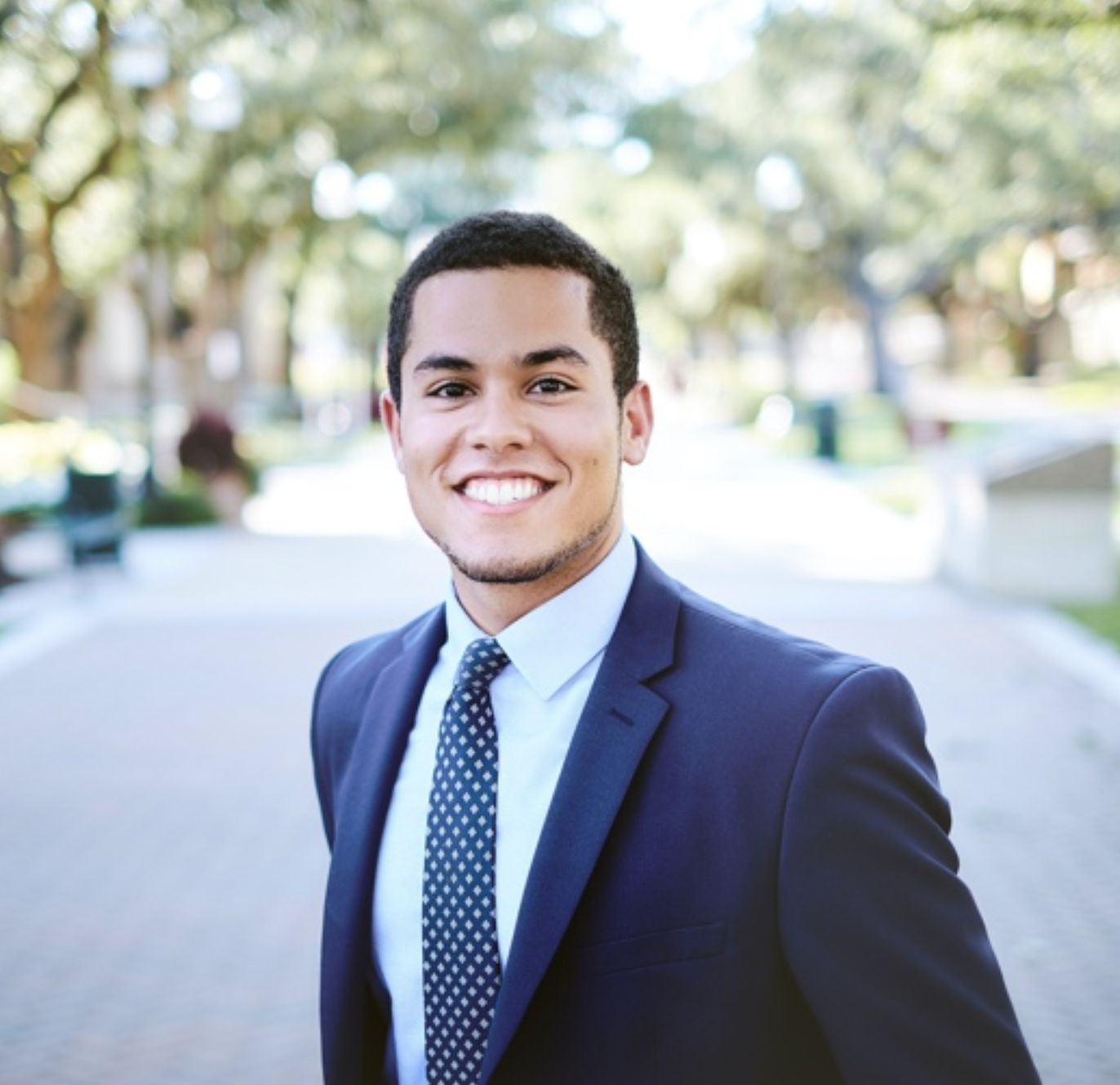
By: Tony Da Lomba, Medical Student
Topic: Exploring the nuances of Latinidad
Latinidad, much like many parts of someone’s identity, manifests in an inherently dynamic way. Who you are depends on where you are, who surrounds you, and what happens around you. In our community, our friends may come from Mexico, our colleagues from the Dominican Republic, and our mentors from Colombia. There is nothing as electric as discovering our common foods, our shared customs, and our core values. But at the same time, we represent entirely different experiences. My name is Tony Gonçalves Da Lomba, which might make you think: “Wait, did he mean to write Gonzalez?”. All kidding aside, I am very proud to be Brazilian and identify as Latino, but that isn’t always a direct path that I easily navigate.
In my first Latino Medical Student Association meeting of medical school, our faculty advisor and upperclassmen welcomed my cohort into our institutional community. Our advisor started the meeting by saying what bonds us together is our shared history of colonialism and language. Well, half of that is true. Unfortunately, living in this country does mean we face the effects of colonialism whether that’s confronting the unending implications of Eurocentrism or the challenges to nationalism and security. More and more, though, language does not inherently bring us together. This expands beyond a Brazilian identity. Where in the mainstream do we make room for people of Haitian or Guinean heritage? Where in the mainstream do we make room for children growing up in this country who don’t learn to speak their culture’s language?
So I think of the loaded question: “Are you Hispanic/LatinX?”. This conversation varies across the country. I grew up in Barnstable, Massachusetts, which has established itself as a hotspot for Brazilian immigrants. You don’t have to go too far on Route 28 until you reach Gol, the Brazilian supermarket, or the Brazilian grill on Main Street. I didn’t necessarily feel Latino because I felt saturated in my own culture. When I moved to Virginia for college, I came into my sense of Latinidad. Attending a predominately white institution felt isolating. My safe haven was our Hispanic/LatinX affinity group. This was where I could talk about missing rice, beans, and yucca versus the dining hall food. This was where I learned to advocate for myself if students glared at me for speaking Portuguese over the phone. This was where I could confess my DACA status without fear of repercussion. My friends empowered me to claim my Latinidad, and I brought that pride with me to Chicago. There’s something special about going for a haircut in Pilsen and still getting the head nod…even when I say that I’m actually Brazilian and not Puerto Rican.
That conflict evolves when we think of identifying as Hispanic/LatinX as a healthcare professional. We often see this manifest in offering language-concordant care to our patients. I have volunteered at free clinics and rotated through a county hospital in Los Angeles. Often, residents and attendings assume I speak Spanish either based on my phenotypic presentation, or they may have looked really carefully at my white coat to recognize my LMSA pin. In these spaces, I feel fraudulent claiming Latino because what’s being emphasized is the Hispanic half of “Hispanic/LatinX”. I would never disrespect a patient by denying them language-concordant care, but are my experiences living in this country, navigating the immigration system, and vulnerability with my own culture discounted if I work with an interpreter?
The current political climate exacerbates the power and severity of word choice. I challenge our community to break the mold and address how exclusionary our own language can be. How are we making space for Afro-LatinX representation? How are we creating a space to express LGBTQ+ intersectionality? What does it mean to be LatinX when one demographic label includes so much but says so little? It’s hard to pinpoint, but what we can’t do is neglect the many voices, the many shades, and the many nuances within Latinidad.
